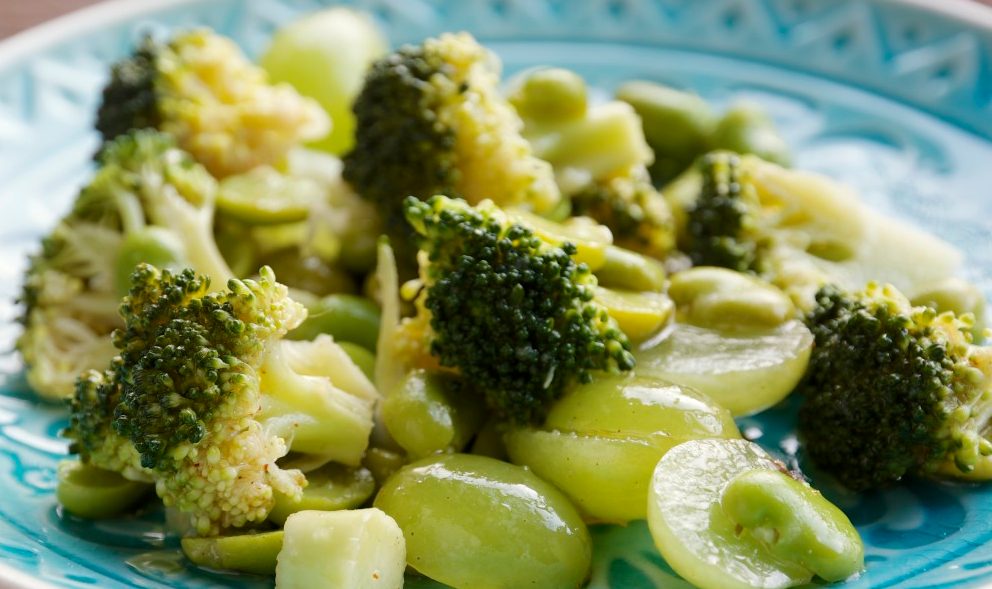Foods High in Potassium

If you want your diet to improve your overall health, learn about foods high in potassium and eat them often. Every cell in your body needs potassium.
Potassium is a mineral necessary for every single cell in your body to function normally. It’s important for muscle contraction, nerve transmission, normal heart rhythm, and kidney function. Potassium is also crucial for optimum heart function and health.
A diet that includes foods high in potassium can help lower a major risk for heart disease and strokes — high blood pressure. People who rarely eat adequate amounts of foods high in potassium have a higher risk of developing high blood pressure, especially if they consume meals and snacks loaded with salt.
If you have high blood pressure, your doctor may advise eating more foods high in potassium and decreasing salt in your diet. It’s as a lifestyle strategy that can help treat hypertension.
YOU MIGHT ALSO LIKE: High Carb Foods to Avoid
More reasons to eat foods high in potassium
Researchers are studying other ways potassium is important to health, according to the National Institutes of Health's (NIH) Office of Dietary Supplements (ODS). For example, studies show taking in too little potassium raises your risk of developing kidney stones.
People who eat a diet high in potassium, especially from fruits and vegetables, appear to have stronger bones than those who skimp on potassium-rich meals — probably because potassium increases bone density, the ODS explains.
Low intakes of potassium may play a role in increasing insulin resistance, too, a condition that can lead to type 2 diabetes.
Foods high in potassium are plentiful and varied
Potassium is found in so many foods, it’s not hard to boost your dietary intake of this important mineral. Simply plan your meals around a variety of potassium-rich foods, including:
- Fruits, such as bananas, dried apricots, oranges, prunes, and raisins
- Acorn squash
- Potatoes
- Spinach
- Broccoli
- Lentils, kidney beans, and soybeans
- Tomatoes
- Nuts
- Avocadoes
- Milk and yogurt
- Meats, poultry, and fish
How much potassium do you need?
The average daily recommended amount of potassium for teens and adults is around 4,700 mg daily, according to the NIH. Breastfeeding moms are an exception. They need about 5,100 mg of potassium each day.
Yet the typical diets of most people in the U.S. provide much less than the recommended amounts, possibly because of too many meals of fast and processed foods, which lack the mineral.
You can check the Dietary Guidelines for Americans online database for foods rich in potassium and the amount of the mineral you consume in a specific measurement (like ½ or one cup). For example, a cup of cooked green beans contains 1,300 mg of potassium, a cup of lima beans has more than 950 mg, and a baked potato has more than 900 mg.
Skip potassium supplements
Some people are more likely than others to have abnormally low levels of potassium in their bodies, including people with inflammatory bowel diseases such as colitis or Crohn’s disease, and those who frequently take diuretics, laxatives, and other medications. They may need potassium supplements, but only under doctor supervision.
Too much potassium can have serious consequences. Potassium can build up in your body if you have kidney disease or take certain medications, including angiotensin converting enzyme inhibitors, also called ACE inhibitors, and potassium-sparing diuretics. Potassium is also an ingredient in many salt substitutes.
If you have any chronic health problem or take prescription medications, talk to your doctor before taking potassium supplements or using a salt substitute.
Potassium-rich foods are a healthy choice
The vast majority of people should get most of their nutrients, including potassium, from food, according to the federal government’s Dietary Guidelines for Americans. Potassium-rich foods have not been shown to cause harm if you are healthy and have normal kidney function. You eliminate excess potassium from food in your urine.
Updated:
January 18, 2024
Reviewed By:
Janet O’Dell, RN